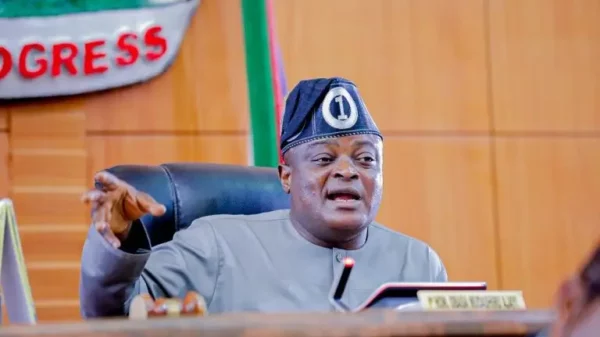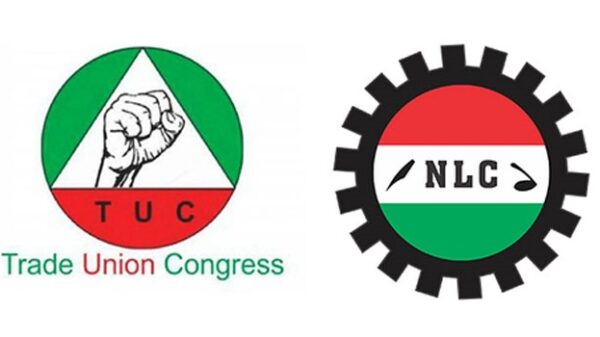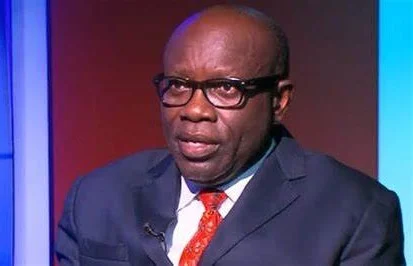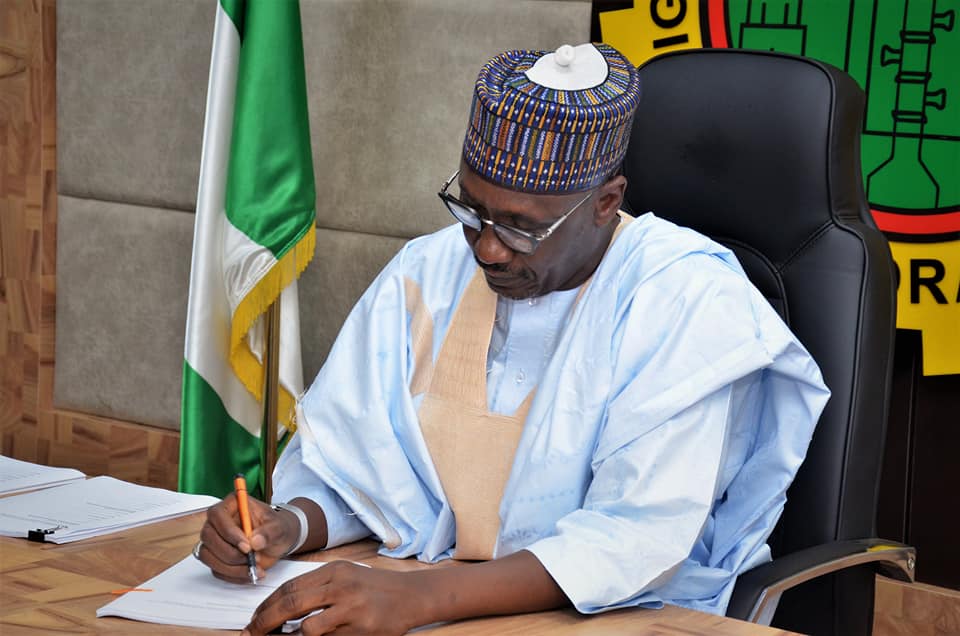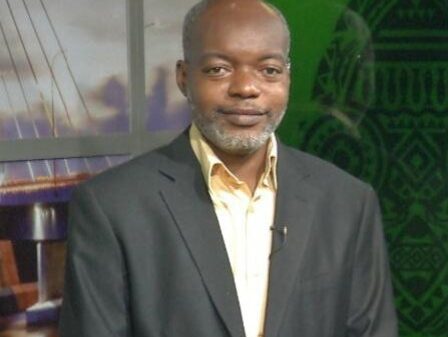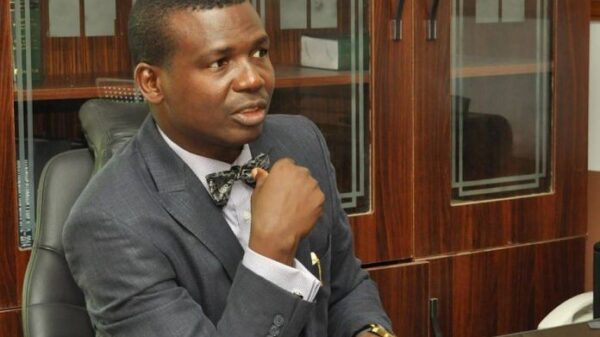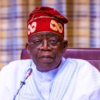Telecommunication subscribers will start paying more for calls, SMS and data as the Nigerian Government is set to implement new excise duty on telecommunications services in Nigeria.
Gatekeepers News reports that the Minister of Finance, Budget and National Planning, Zainab Ahmed disclosed this on Thursday during a stakeholders forum on the implementation of a 5% excise duty on all telecommunications service providers in the country.
She noted that the 5% excise duty had been in the finance Act: 2020 approved by President Muhammadu Buhari but was not implemented.
Ahmed said the delay in its implementation was a result of government engagement with stakeholders.
Ahmed, who was represented by the Assistant Chief Officer of the Ministry, Frank Oshanipin, at the event organized by the Nigeria Communication Commission (NCC), said, “Payments are to be made on monthly basis, on or before 21st of every month.
“The duty rate was not captured in the Act because it is the responsibility of the President to fix rate on excise duties and he has fixed five per cent for telecommunication services which include GSM.
“It is public knowledge that our revenue cannot run our financial obligations, so we are to shift our attention to non-oil revenue.
“The responsibility of generating revenue to run government lies with us all.’’
In response, the Chairman of the Association of Licensed Telecom Owners of Nigeria (ALTON), Gbenga Adebayo said the additional 5% tax would be passed on to telecommunications consumers who will bear the burden.
He said, “It means that subscribers will now pay 12.5 per cent tax on telecom services, we will not be able to subsidise the five per cent excise duty on telecom services.
“This is as a result of the 39 multiple taxes we already paying coupled with the epileptic power situation as we spend so much on diesel.’’
Similarly, the Executive Secretary of ALTON, Gbolahan Awonuga, said the 5% excise duty was not healthy for the industry, noting that the telecom service providers were already paying 2% of their annual revenue to the NCC.
He said, “We pay two per cent excise duty to NCC from our revenue, 7.5 per cent VAT and other 39 taxes. We are going to pass it to the subscribers because we cannot subsidise it.’’
On his part, the Executive Vice Chairman/CEO of NCC, Professor Umar Garba Danbatta, said the stakeholders’ forum is designed to ensure interaction between industry stakeholders and Excise Duty implementation agencies to ensure that the resulting framework adequately addresses the peculiarities of the telecoms sector.
“As telecoms industry regulator, the Nigerian Communications Commission has engaged with the Federal Ministry of Finance, the Nigerian Customs Service and consultants from the World Bank to get needed clarifications.
“These engagements enabled us to better understand the objectives and proposed implementation mechanisms of the Excise Duty. Nonetheless, we consider it imperative that these implementing agencies should also meet directly with telecoms industry stakeholders to address areas of concern”.
“In facilitating this Forum, the Commission is playing a dual role. As an agency of the Federal Government of Nigeria, it is our duty to support the implementation of government initiatives which impact the telecoms sector. The Federal Government expects our industry to effectively contribute towards enhancing revenues for government so that it can fund the national budget and deliver on its critical responsibilities to all Nigerians. We cannot afford to fail in this regard”.
“Secondly, as the regulator of the telecoms industry, we are responsible for ensuring that industry stakeholders understand their fiscal and other obligations, so that they can maintain full compliance with government policy”.
He urged participants to ensure robust and professional interaction with the implementing agencies.



